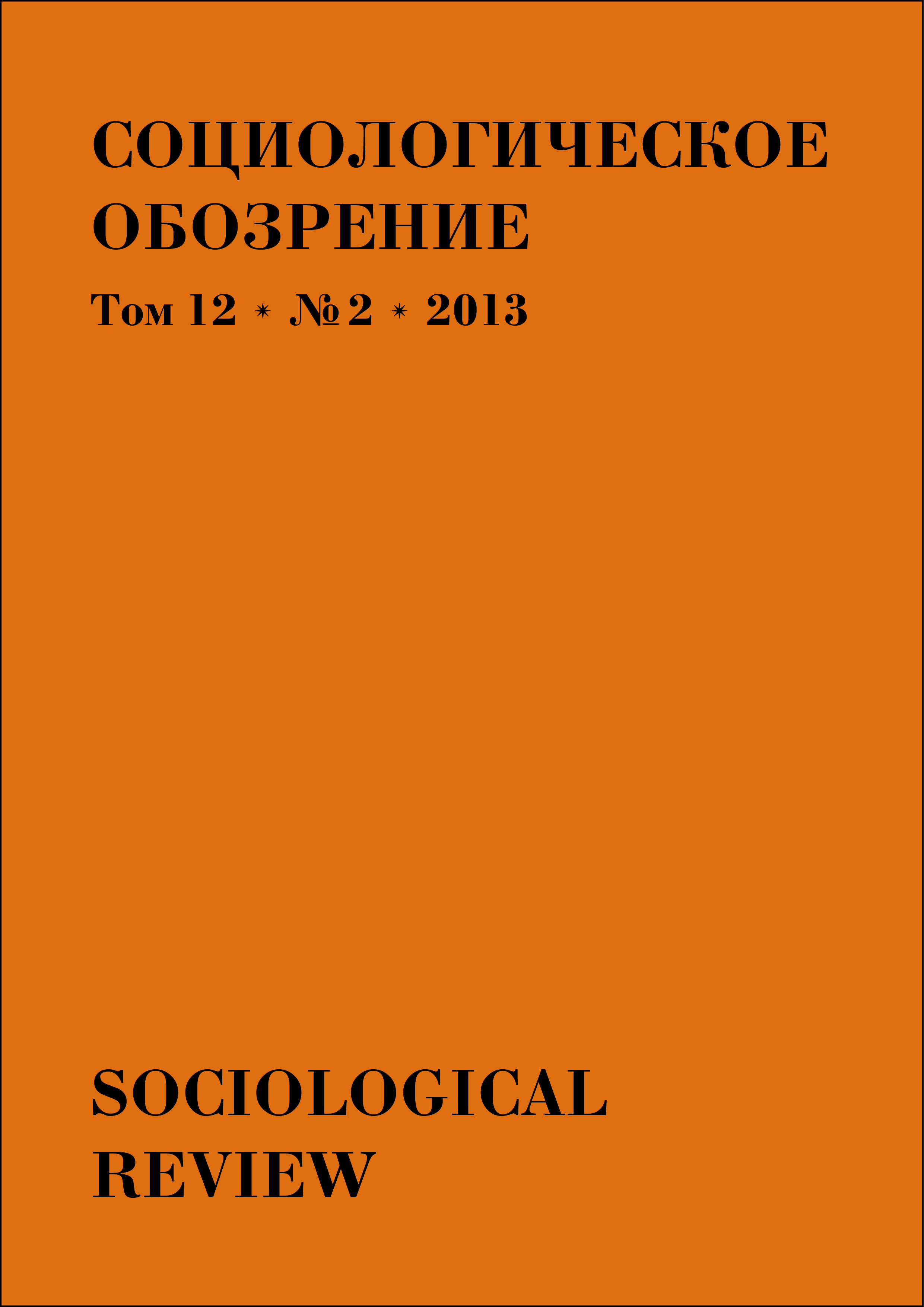Plagiarism and the constitutive order of dissertation text
Abstract
The paper considers a problem of plagiarism in dissertation text. Using a particular case — the dissertation in religious studies, that contains a big portions of the borrowed text — it is shown that analysis of plagiarism will be deficient without understanding of the mechanisms of local textual order production. This constitutive order of dissertation text presupposes a particular ways of text’s organization with respect to by whom, under what circumstances, and in which ways it will be read. The possibility of the successful defense of the dissertation containing plagiarism is connected not so much to the properties of the social context of dissertation text, as to the practices of competent reading that underlie scientific expertise. It is demonstrated that dissertation’s author faces a number of contradictory requirements: firstly, he/she has to provide an original text, that simultaneously satisfies some formal requirements; secondly, he/she has to show his/her individual scientific contribution, indicating, at the same time, how it is connected to the previous studies; and thirdly, he/she has to display his/her knowledge of specific area and literature that nobody knows as good as him/her, but his/her text must, at the same time, make it possible to be evaluated by the competent colleagues. To reconcile these requirements, author creates text which should be credible, but which thereby opens a room for plagiarism. Plagiarism in dissertation text, in this case, can be understood as a way of using a number of constitutive expectancies underlying scientific communication and distribution of scientific knowledge.




